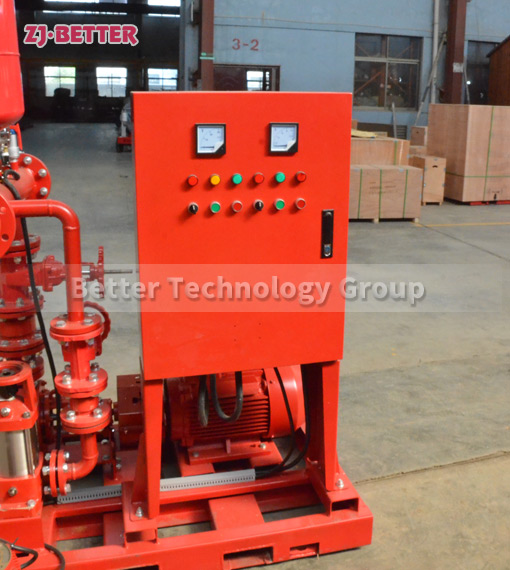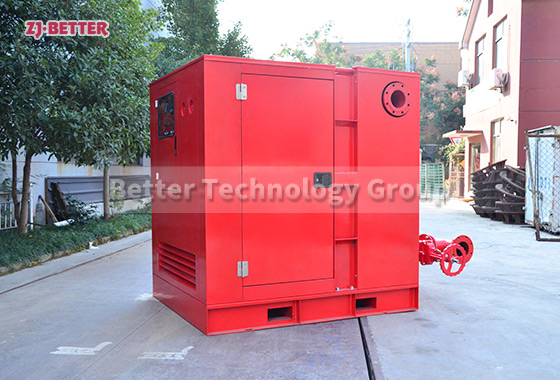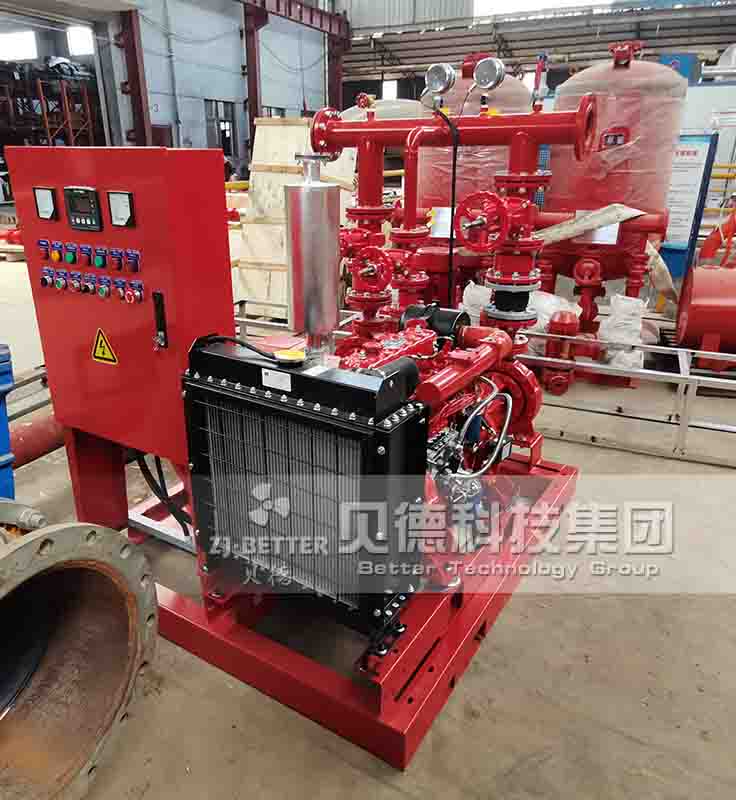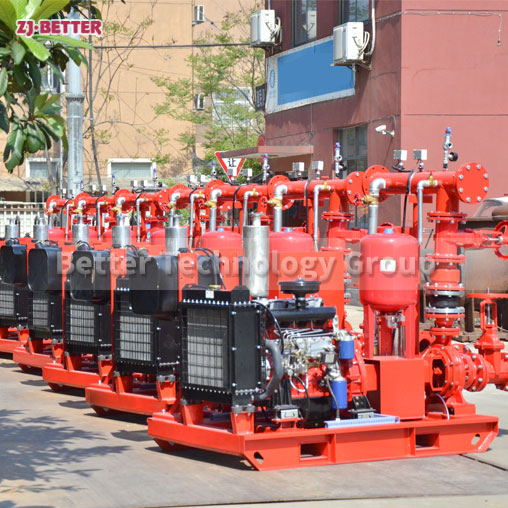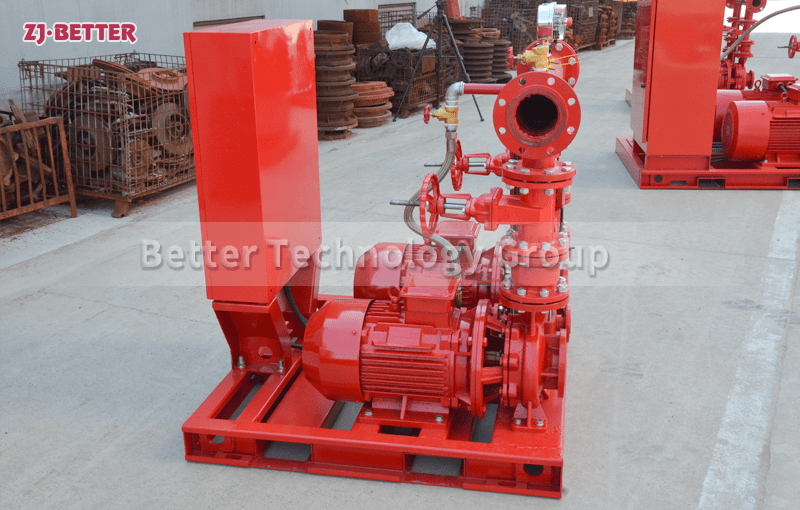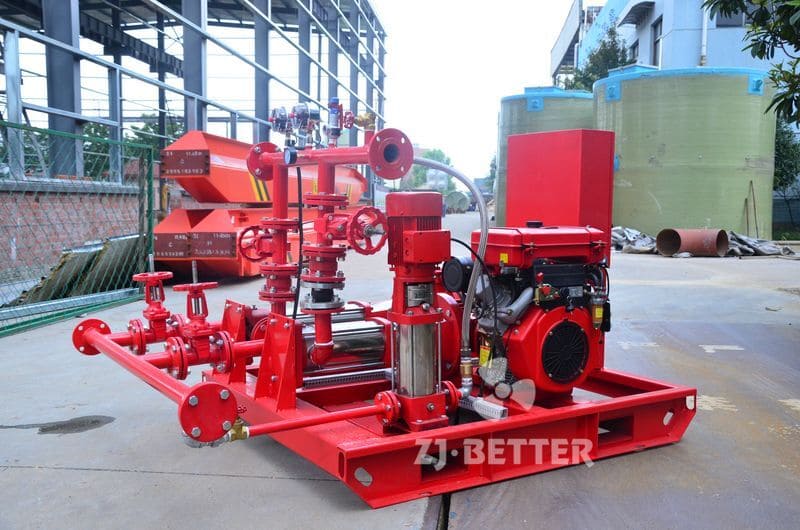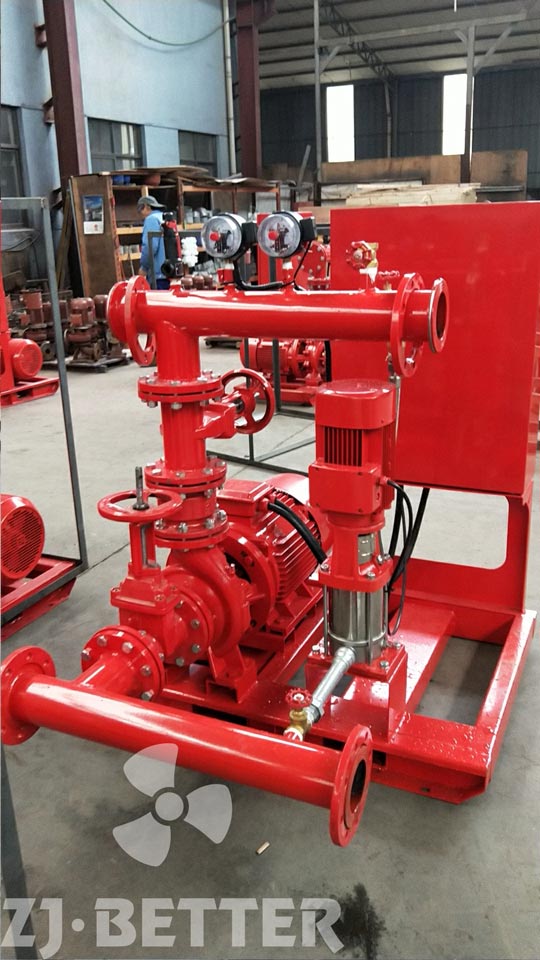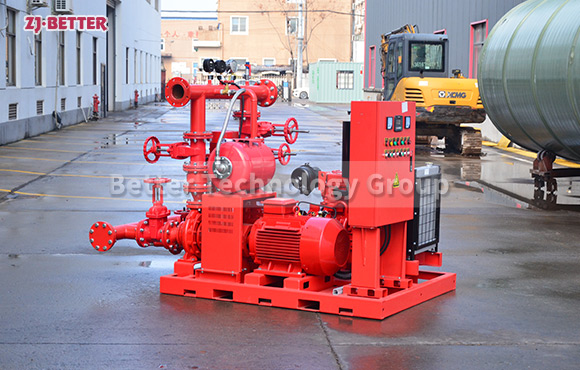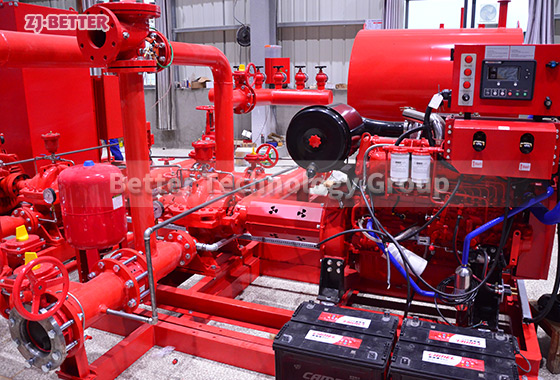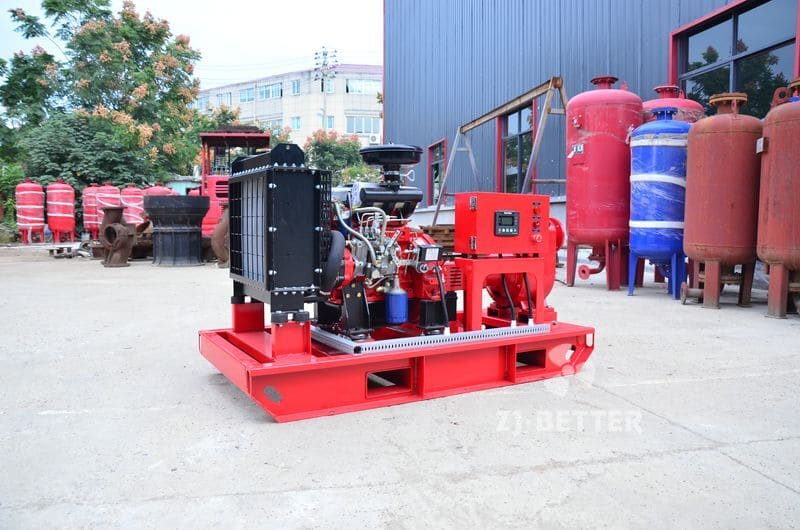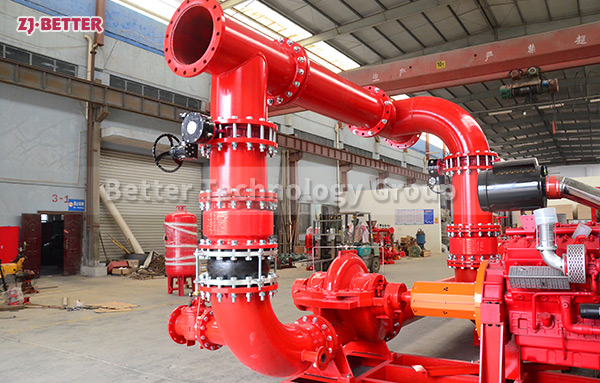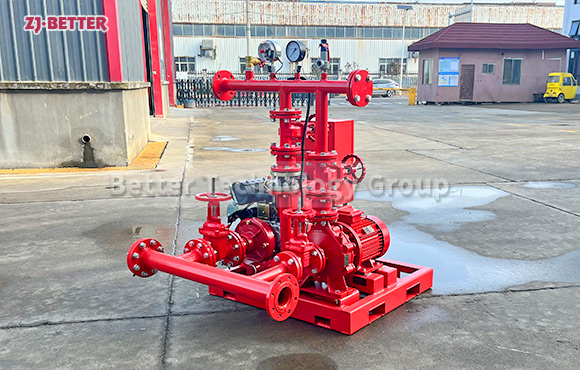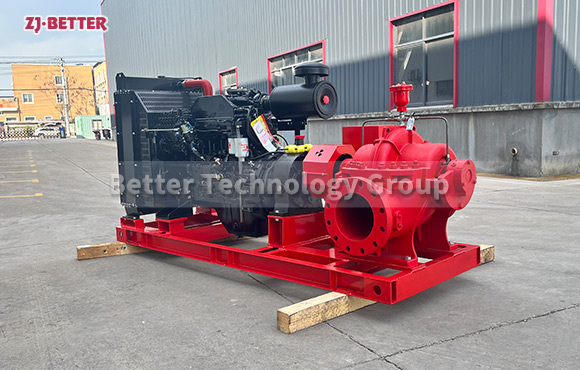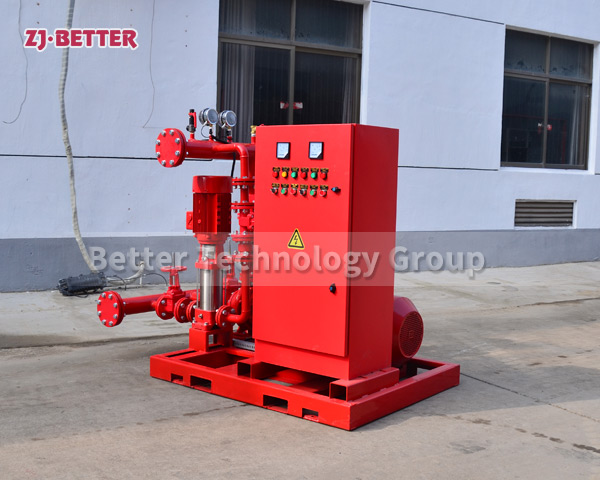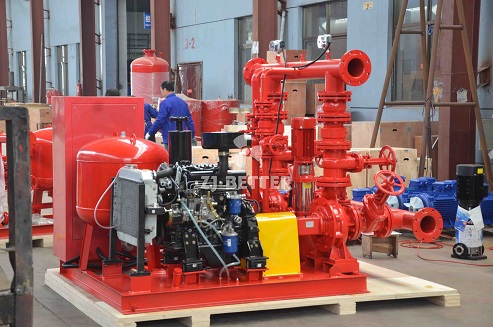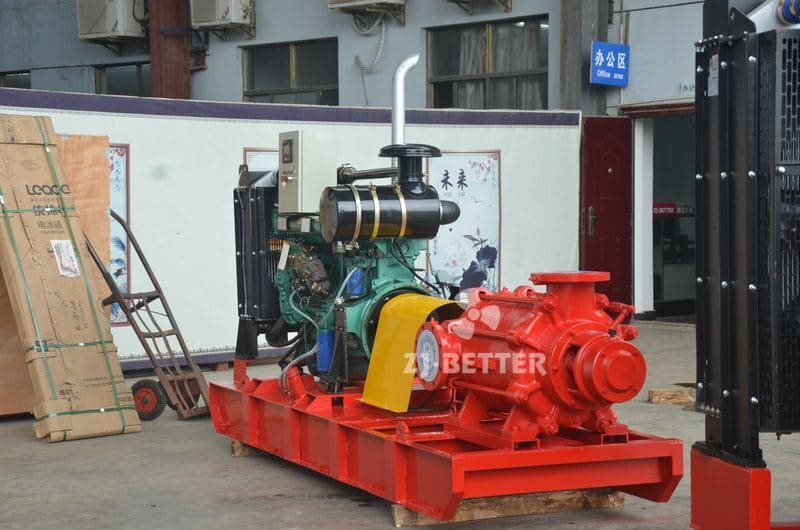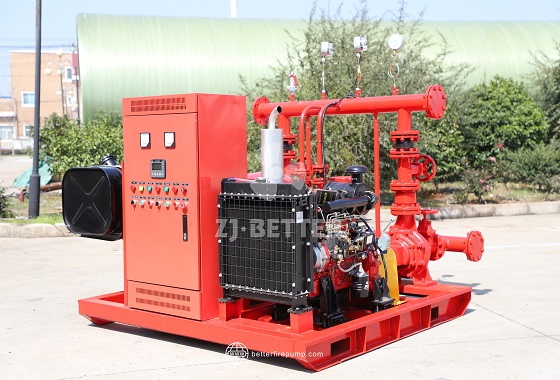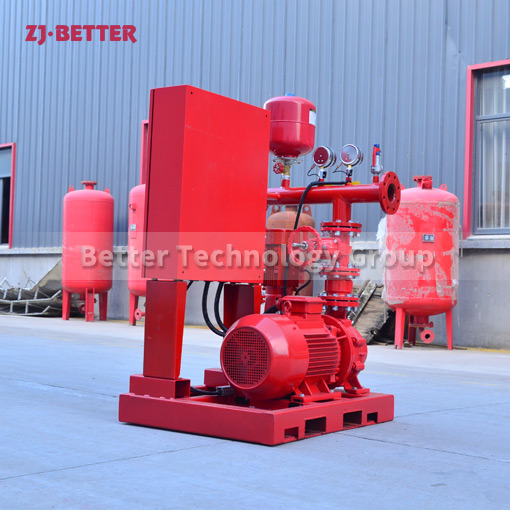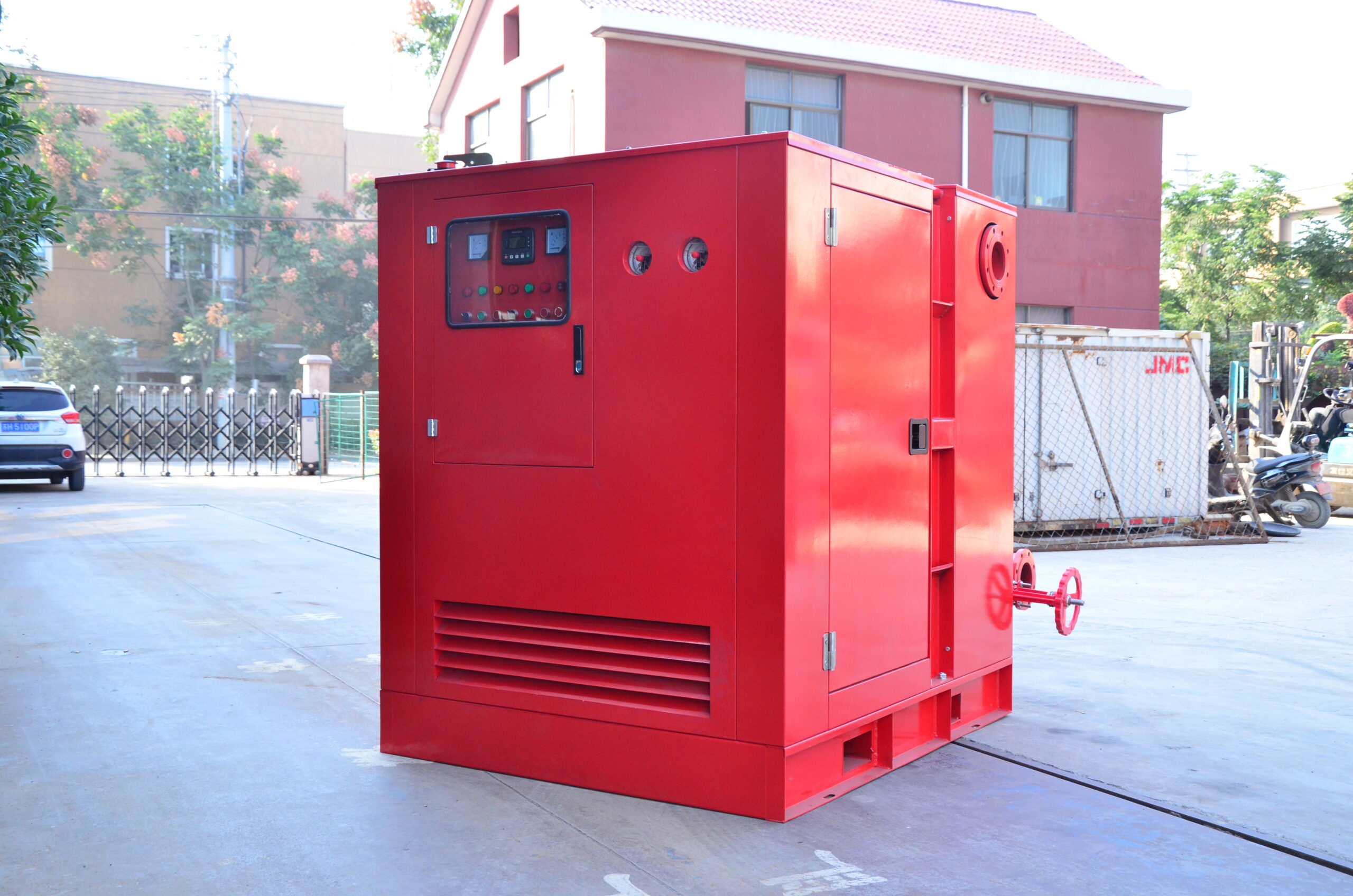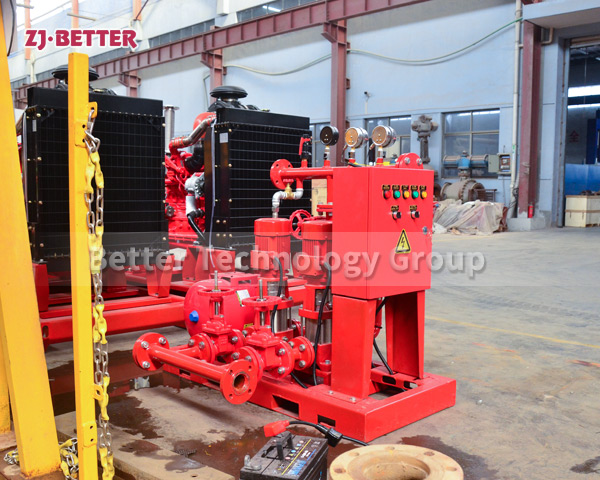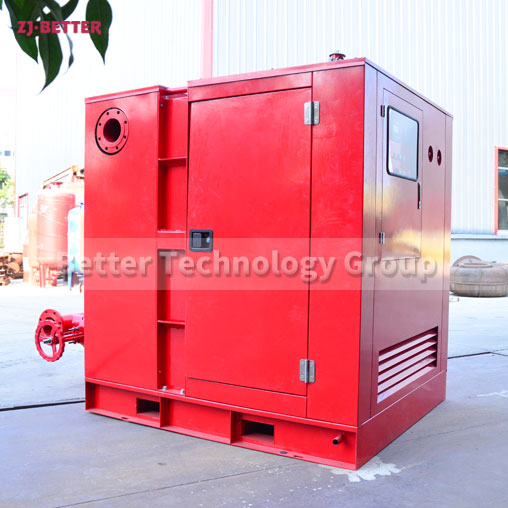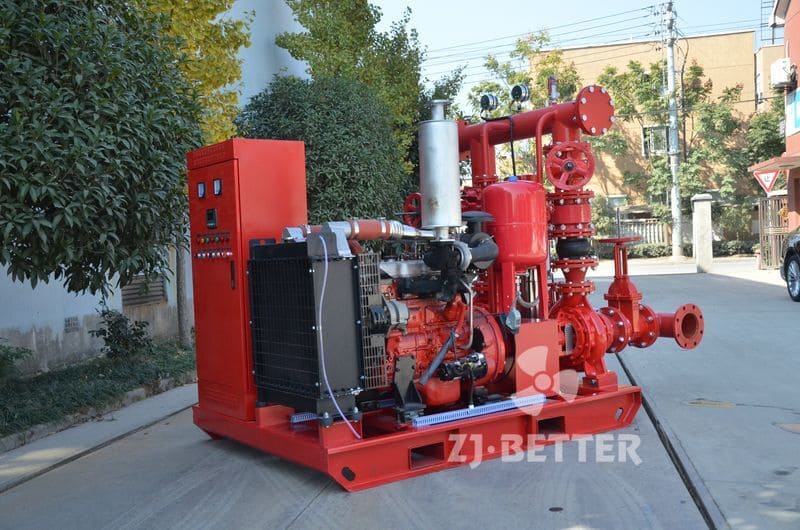Electric fire pumps are used in various water environments
Electric fire pumps are used in various water environments, not only to meet the general water supply but also to be a good helper for fire-fighting water. The electric fire pump is manufactured with good structure and workmanship. It has a wide range of performance, and is easy to use and operate for a long time. The motor fire pump is aimed at various fire water environments, so the selection should also be based on the actual demand environment, performance parameters, etc.
There are many types of fire pumps to deal with more fire water environments. Fire pumps are used in buildings, factories, storage and other places, and the performance requirements and quality requirements are different. The commonly used types of fire pumps are vertical electric fire pumps, diesel fire pumps, horizontal single-stage fire pumps, vertical single-stage/multiple Level fire pumps and horizontal double-suction fire pumps, etc., the specific head, flow and power are selected according to different projects.

